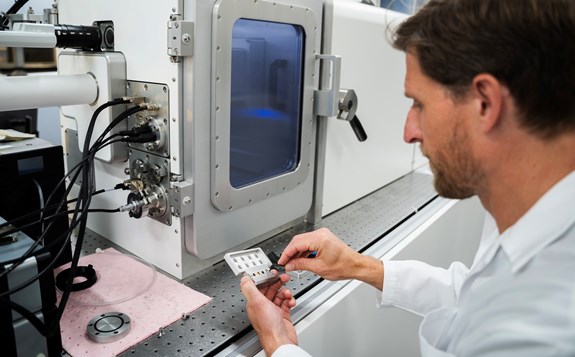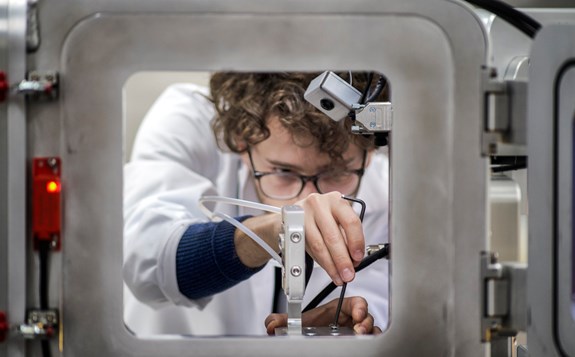We use cookies on this website. Cookies help us deliver the best experience on our website. Read about cookies.
-
- Education
- Education
- Programmes and courses
- Applications and admissions
- Tuition fees
- Scholarships
- Exchange studies at Malmö University
- Study Guidance
-
- After admission
- After admission
- Moving to Malmö
- Pre-orientation
- Arrival guide
-
- About studies at Malmö University
- About studies at Malmö University
- Why choose Malmö University
- Understanding university studies
- Connect with our students
On the page -
- Research
- Research
-
- Doctoral studies
- Doctoral studies
- Doctoral courses
-
- Doctoral schools
- Doctoral schools
- Adaptation of urban space through sustainable regeneration
- ComBine
- Culturally Empowering Education through Language and Literature
- Education, Learning and Globalisation
- Finding ways in a time of great future challenges (FinnFram)
- Swedish National Graduate School in Science and Technology Education Research
- Learning in Multicultural Societal Contexts
- Pedagogy and Vocational Skills
- Relevancing Mathematics and Science Education (RelMaS)
- Sustainable Movement Education
- The National Research School for Professionals in Social Services
- Research subjects
-
- Research centres
- Research centres
- Biofilms Research Centre for Biointerfaces
- Citizen Health
- Imagining and Co-Creating Futures
- Institute for Urban Research
- Malmö Institute for Migration Studies
- Literacy and Inclusive Teaching
- Centre for Work Life Studies
- Sustainable Digitalisation Research Centre
- Centre for Sexology and Sexuality Studies
-
- Research publications
- Research publications
- Search for research publications in Diva
- Malmö University Press
- Research events
- Participate in a research study
- Coffee Break Quiz
On the page -
- Collaboration and Innovation
- Collaboration and Innovation
-
- Levels of collaboration
- Levels of collaboration
-
- Local collaboration
- Local collaboration
- Muvah
- Regional collaboration
- National collaboration
- International collaboration
- Innovation
- Collaboration with students
-
- Collaborate with researchers
- Collaborate with researchers
- Labs and facilities
- Culture collaboration
- Support Malmö University
- Alumni & Friends
On the page -
- About us
- About us
-
- Faculties and departments
- Faculties and departments
-
- Faculty of Culture and Society
- Faculty of Culture and Society
- Department of Global Political Studies
- School of Arts and Communication
- Department of Urban Studies
-
- Faculty of Education and Society
- Faculty of Education and Society
- Department of Childhood, Education and Society
- Department of Sports Sciences
- Department of Culture, Languages and Media
- Department of Natural Science, Mathematics and Society
- Department of Society, Culture and Identity
- Department of School Development and Leadership
- The Centre for Teaching and Learning (CAKL)
-
- Faculty of Technology and Society
- Faculty of Technology and Society
- Department of Computer Science and Media Technology
- Department of Materials Science and Applied Mathematics
- Faculty of Odontology
- University Dental Clinic
-
- Find and contact Malmö University
- Find and contact Malmö University
- Visit Malmö University
-
- News and press
- News and press
- Graphic manual
- Map of the buildings (Google Maps)
- Merchandise
- Supplier information and invoice management
- Whistleblowing
- We will help you with your questions
- Management and decision-making paths
-
- Malmö University's strategy 2030
- Malmö University's strategy 2030
- Sustainability
- Widened recruitment and participation
- Quality assurance work at the University
-
- Malmö Academic Choir and Orchestra
- Malmö Academic Choir and Orchestra
- Student work – video pieces
-
- Annual Academic Celebration
- Annual Academic Celebration
- Academic traditions
- Meet our new professors
- Meet our new doctors
- Honorary doctors
-
- The University in a troubled world
- The University in a troubled world
- Campus total defence
On the page
Physical Sciences
The research focuses on fundamental and applied atomic spectroscopy, particularly atomic structure and the interaction of atoms with light. Applications range from characterising atomic nuclei and cancer treatments to galaxy evolution.
The physics research group at the Department of Materials Science and Applied Mathematics focuses on fundamental and applied atomic spectroscopy, in particular atomic structure and the interaction of atoms with light. Applications range from the characterization of atomic nuclei and cancer treatments to galaxy evolution.
We work in the following areas:
Astrophysics
The group works both with general Galactic chemical evolution and tries to understand where and how different elements have formed on a cosmic scale, and also with Galactic archaeology, which aims to understand how different parts of our Galaxy — and thus galaxies in general — have formed and evolved. The research method used is high-resolution stellar spectroscopy.
In addition to international collaborations, the research group is active within the local network Lund Observatory.
Atomic astrophysics
More than 99 per cent of all visible matter in the Universe is in the form of plasma. The research group develops experimental methods and computer programs used to determine atomic data. This data is in turn used in the analysis of light from plasmas, to provide information about their fundamental properties, such as temperature and density, as well as the amount and isotopic composition of different elements. Abundances of different elements are used to test different nucleosynthesis models in stars and track the chemical evolution of the Galaxy. In addition, there are important applications for future energy sources such as fusion reactors. The research group is a driving force within the CompAS and LUMCAS networks and is part of the consortium behind the national facility DESIREE for the study of cold atoms.
Atomic data for tumour therapy
The group develops software that simulates cascades of electrons and X-rays released through the so-called Auger effect. Data from the simulations are validated against other calculations and measurements and form the basis for accurate estimates of deposited energy during tumour treatment with Auger electron-emitting isotopes.
Atomic physics close to the atomic nucleus
The group develops methods and software for calculations of atomic data that, in combination with results from high-precision measurements, for example at ISOLDE, the radioactive ion beam facility at CERN in Switzerland, enable properties of the atomic nucleus to be extracted. The research teaches us more about exotic atomic nuclei and the results are used to test the theory that describes the structure of the nucleus.
Researchers, publications and projects
Pedro Henrique Arantes Moya
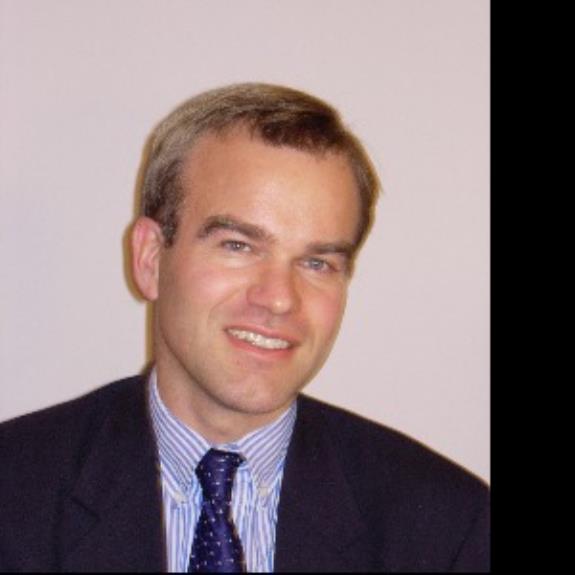
Peter Bengtsson

Shilpa Bijavara Seshashayana
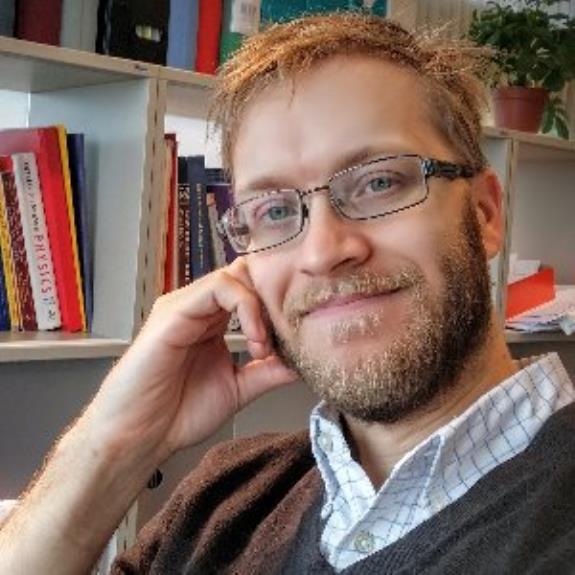
Jakob Blomqvist
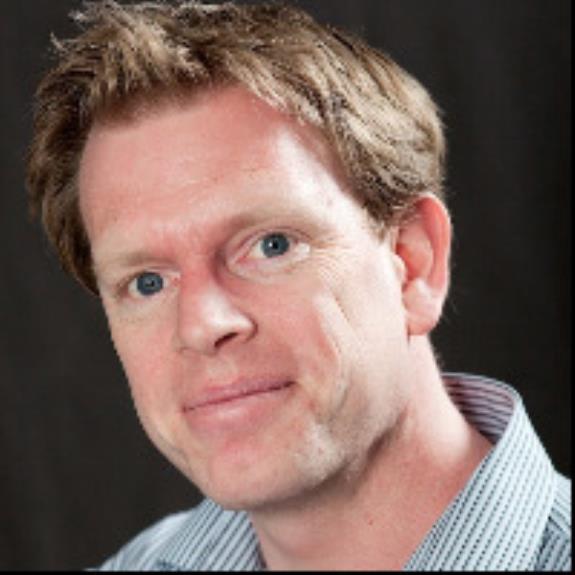
Jörgen Ekman
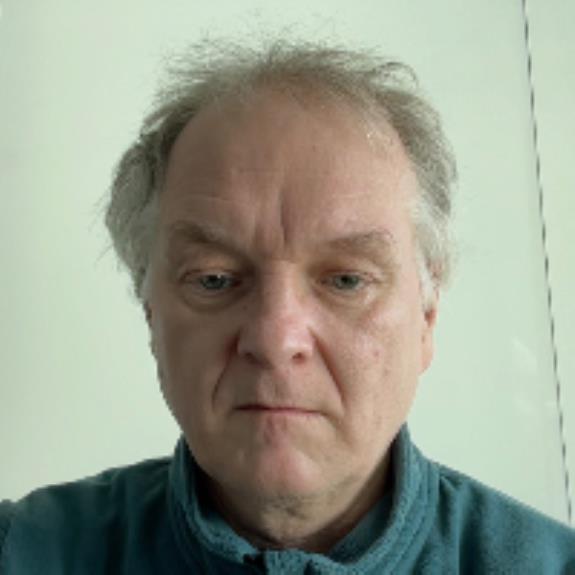
Stefan Gustafsson

Henrik Hartman

Johan Hektor

Robert Jonsson

Henrik Jönsson

Lindsay Richard Merte

Hampus Nilsson

Christian Stråhlman

Indrajeet Tambe
-
2026 | Article in journal
In-situ NAP-XPS reveals water-induced phase segregation of MoS2 nanoparticles in hydrodeoxygenation catalysis
Martin Hedevang, Lars Mohrhusen, Filip Hallböök, Dorotea Gajdek, Lindsay R. Merte, Sara Blomberg, Jeppe V. Lauritsen
-
2026 | Article in journal
New experimental and theoretical energy levels, lifetimes, and oscillator strengths in singly ionised zirconium
Madeleine Burheim, L. Engström, H. Lundberg, Henrik Hartman, P. Palmeri, P. Quinet, Hampus Nilsson
-
2026 | Article in journal
Elastic properties of amorphous TiNiSn
Denis Music, Balint Hajas, Paul H Mayrhofer, Sana Khayyamifar, Grzegorz Artur Sadowski, Johan Hektor, Pär A T Olsson
-
2026 | Article in journal
Growth, structure, and morphology of ultra-thin tin oxide phases forming on Pt3Sn(111) single crystals upon exposure to oxygen
N. Braud, Harald J. Wallander, L. Buß, M. Löfstrand, Jakob Blomqvist, C. Berschauer, Andrea Morales Rodríguez, Philip Miguel Kofoed, A. Resta, J.-O. Krisponeit, T. Schmidt, E. Lundgren, J.I. Flege, J. Falta, Lindsay R. Merte
-
2026 | Article in journal
Glass transition temperatures of pure glass-forming liquids and binary mixtures
Vitaly Kocherbitov, Ivan Argatov
-
2026 | Article in journal
A Near-Infrared and Optical Study of NGC 5822: An Open Cluster Hosting Barium-stars and Lithium-Enriched Giant Stars
N Holanda, V. Loaiza-Tacuri, A Sonally, Shilpa Bijavara Seshashayana, M P Roriz, C F Martinez, M Borges Fernandes, C B Pereira, O J Katime Santrich, S. Daflon
-
2026 | Article in journal
Inner-shell excitation energies, transition rates and autoionization rates of 2s2p 2 ( 4 P)3d configuration in N II
Xiaozhi Shen, J. Lin, K. Wang, Juan Liu, Per Jönsson
-
2026 | Article, review/survey
Recent progress in grazing incidence small-angle neutron scattering
Sebastian Köhler, Thomas Arnold, Jens Birch, Marité Cárdenas, Samira Dorri, Martin Månsson, Tommy Nylander, Sarah Rogers, Stephan V. Roth, Yasmine Sassa, Max Wolff
-
2026 | Article in journal
Interactions of punches bonded to an elastic half-space: Applications to stability of columns
Ivan Argatov, Mark Kachanov, Federico J. Sabina
-
2026 | Article in journal
Label-free and real-time synchronized monitoring of extracellular matrix proteolysis using quartz crystal microbalance and nanoplasmonic sensing with morphological validation by atomic force microscopy
Michal Szczepanczyk, Juan F Gonzalez-Martinez, Tautgirdas Ruzgas, Sebastian Björklund
Doctoral studies in Applied Physics
Malmö University offers doctoral education in Applied Physics.
Applied Physics refers to the parts of physics that are relevant to technical applications and natural phenomena. For the education in Malmö, this includes materials science, atomic- and astrophysics and synchrotron light physics with applications.
Contact for doctoral studies in applied physics: Martin Fisk







